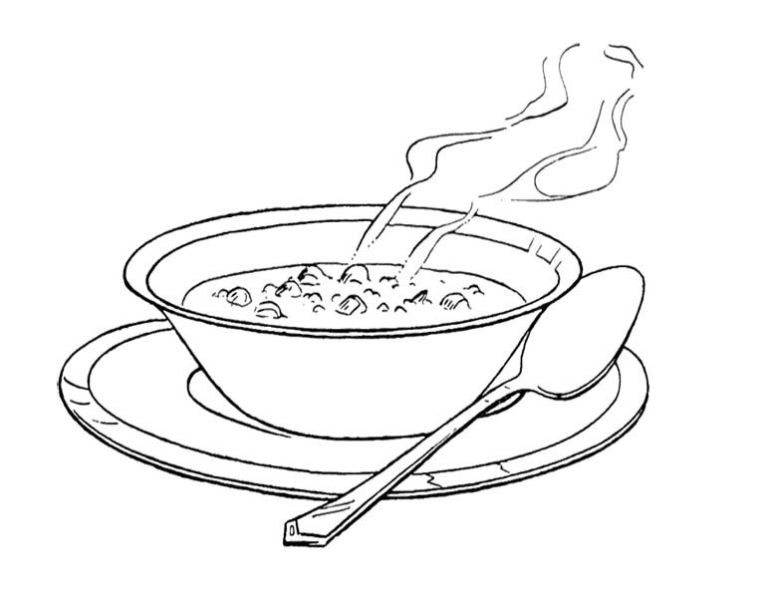This morning, I went to the gas station to get a newspaper, coffee, and lottery ticket. My bloodhound, Thelma Lou—poster child for moderate hyperactivity disorder—usually goes with me.
The way our morning routine usually works is simple: I buy a newspaper, maybe some powdered donuts; she steals my donuts, and eats my newspaper.
But this morning, when I walked into the gas station, something was wrong. Before I even got to the donuts, I could tell the air was tense.
The scene was this:
The cashier behind the counter was frazzled. She obviously did not know how to use the computerized cash register.
A customer at the counter was aggravated with her. There were five customers in line. They were all displaying universal gestures of annoyance.
Clearing throats. Folding arms. Tapping feet. The woman in front of me glanced at her watch. One man sighed hard enough to knock over a circus tent.
“Not-niceness.” That’s what we’re dealing with here. And it’s running rampant in today’s world.
The customers were
growing not-nicer by the minute. Finally, a man slammed his change on the counter. Another man mumbled a cuss word before storming out.
One woman shook her head and said, “Learn how to do your JOB, sweetie.”
When I got to the cashier she was too overwhelmed to say anything. Who can blame her? It’s not every day five customers behave like walking-talking jack mules.
She was a woman who looked older than she was. Her hair was blonde. She had tattoos on her arms, and on her hands.
“People can certainly be mean,” I remarked.
“Yeah,” she said. Then, she sort of broke down. She placed her head in her hands.
“I just CAN’T figure out this computer,” she said. “I ain’t stupid, I know how to do stuff, but this thing’s acting weird.”
So, I made conversation.…










